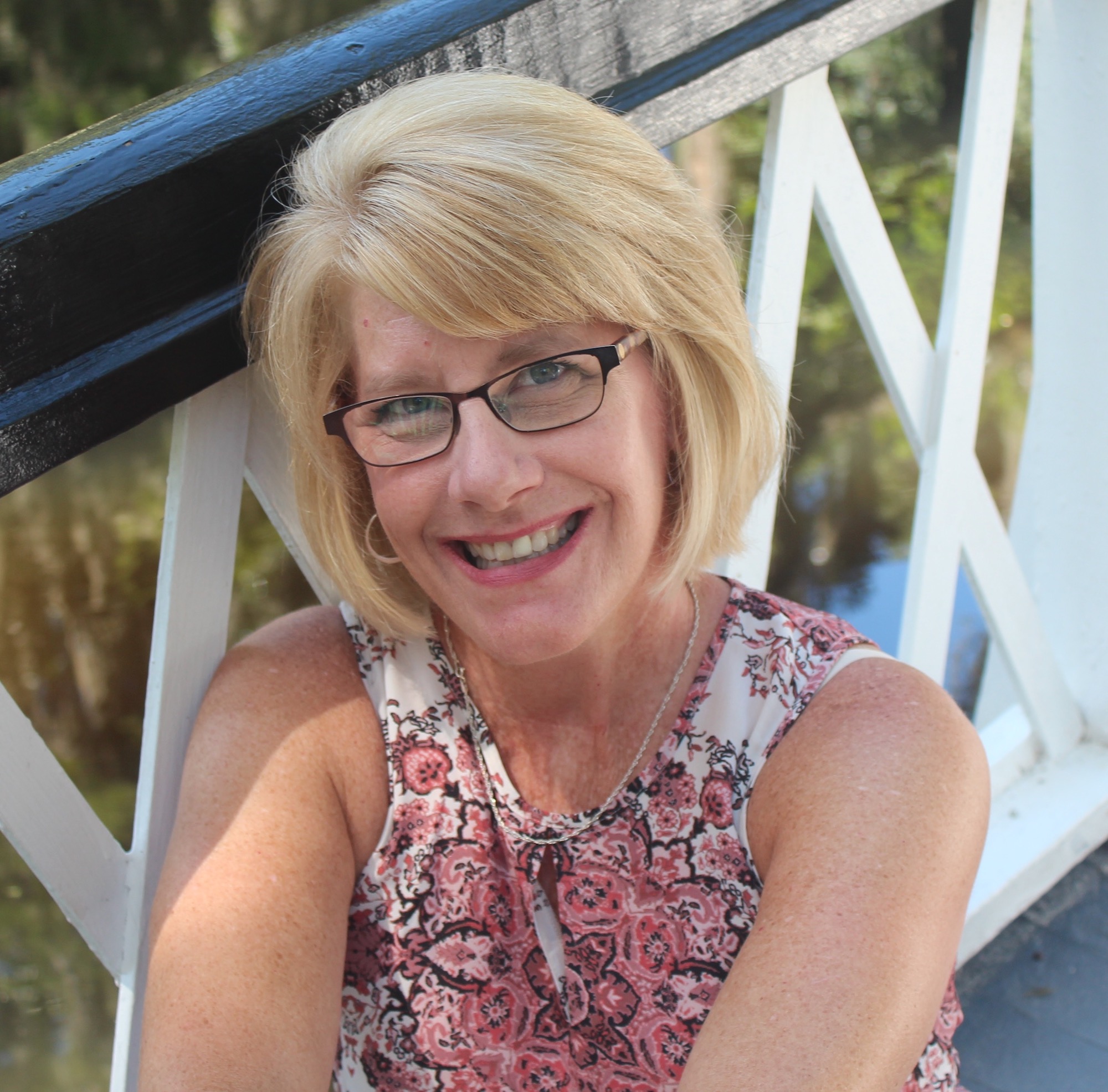4 Ways to Make the Most Out of Life after Age 50

This summer, I took up a new hobby: stipple art. I’ve found it to be very meditative and relaxing, something I can do in the evenings when the day’s doings wind down, and I have some free time.
To learn the art, I watched as many YouTube video tutorials as I could find. I marveled at the amazing creations some of the artists made with just dots. They were inspirational. I also took note of the age of the artists. Most of them were young-ish. In their 20s and 30s. They had probably been doing art from the time they could hold a crayon. It was humbling since I’m just now discovering my new “talent.” At the age of 57.
Well, as the saying goes, “You can teach an old dog new tricks.”
But that begs the thought: What is the potential of those over the age of 50? Are we truly washed up after only a half-century of living? Are we too “old” to pursue new passions, new adventures, and even new careers?
No, we’re not. And here’s why.
Because we live in a developed country, with advances in healthcare, medicines, and procedural breakthroughs, people are living longer these days. Between 1900 and 2020, the average life expectancy in the United States rose by more than 30 years. Whereas an adult in 1900 was given 47 years, now, in the early 2020s, many are living well into their 80s, 90s, and even 100s.
Older adults also have the time and, in many cases, the resources to pursue activities they did not have the time or resources for in their younger years. And it is expected that the proportion of the world’s older population will nearly double from that of 125 in 2015 to 22% by 2050.
With so many moving into this demographic, how can they (including myself) utilize these years to their (and others') advantage? After all, we don’t want to just grow old, we want to grow old with grace and remain useful.
1. Pursuing Continuing Education, New Career Opportunities
With advancing age comes advanced skills, both in life and in knowledge, much of which can be applied in the academic fields. In fact, many in their 50s are going back to school to pursue a second career, to increase their chances of earning a higher pay, or to pursue a different career altogether or just a passion they had put on hold.
Here are some of the top professions older adults are pursuing: Accounting or Financial Planning, Nursing, Psychology, Teaching, Seminary, Public Administration, Landscape Architecture, Real Estate
Some jobs/positions may actually be better served by the more mature worker, given their expertise and knowledge in a certain field and their applied and honed skill sets.
2. Pursuing Non-Academic Activities
There are those older adults, such as myself, who do not feel the need nor have the desire to go back to school. But we still desire to remain engaged and active, whether intellectually, artistically, and/or physically. Here is a non-exhaustive list of some of the non-academic activities older adults can pursue:
Ceramics
Theater
Rowing/Kayaking/Canoeing/Paddle Boarding
Sewing/Knitting/Crocheting
Drawing/Painting
Photography
Gardening
Card Club
Writing
Culinary classes
Low-impact exercise classes
Walking/hiking
Swimming
Dance classes
Genealogy
Travel
Scrapbooking
It can be through these activities that we can make new friends, as well as expand our horizons, experiences, and potential.
3. Mentoring
Mature adult believers are a boon and a blessing to the Church. Many, but not all, bring years of hard-earned wisdom, theological knowledge, and life experience to the table, which younger believers can and should benefit from.
Older adults have been there, done that. They have gone before and navigated life, learning profound and important lessons along the way, which they are in a unique position to pass along: how to love and accept others unconditionally, how to walk by faith, how to rear godly children, and how to maintain a healthy marriage.
Mentoring younger believers is an actual charge given to women in Scripture, in Titus 2:4-5, “…they can urge the younger women to love their husbands and children, to be self-controlled and pure, to be busy at home, to be kind, and to be subject to their husbands so that no one will malign the word of God.”
Interestingly, Titus, Paul’s young protégé, was younger than the women he was to give these instructions to, which proves that there are young adults who are spiritually “wise beyond their years” and are able to teach older adults. They are few in number, but they are out there. This is because they’ve spent their time wisely, reading God’s Word and seeking His counsel and will for their lives.
This also proves that just because someone is advanced in age does not necessarily mean they are advanced in wisdom. “There probably are some people who should not be in a mentoring type position,” says blogger and author Tim Challis. “They’ve made foolish choices, they made a shipwreck of their lives. Or maybe they’ve even just come to Christ so late that they haven’t really been able to gain that true Godly wisdom yet.”
Yet, that is more the exception than the rule. Most mature believers are capable of mentoring. And should be mentors. What they have to offer is invaluable and necessary to the health and growth of the Church.
4. Serving/Volunteering
With retirement comes time. Lots of time! What to do with that time can become a conundrum and cause for anxiety for some. They fear all that time. They fear losing their identity, which had previously been wrapped up in their profession. They fear becoming useless and ineffective.
Yet, for retired believers, there are many practical ways in which to employ all that time. Here are just a few ideas:
Lead a Bible study at your church or in your home.
Start a prayer group.
Teach Sunday School.
Serve at a food pantry/homeless shelter/crisis pregnancy center/nursing home/youth center.
Serve as a transporter to shut-ins.
Visit shut-ins.
Start a knitting or sewing group to make shawls and blankets for the elderly, sick, and newborn babies in your congregation and community.
Start a book club and read some of the great, godly works of those stalwart believers who’ve gone before: Spurgeon, Edwards, Luther, Keller, Moody, Piper, and so many others.
Teach a class on basic life skills (how to balance a checkbook, create a budget, save for the future, etc.) to the young married couples at your church.
Use your hobbies to teach others (home repairs/remodeling, music, sewing, woodworking, etc.).
Cook meals for the sick or new mothers.
Offer to babysit for or clean the house of a sleep-deprived mother.
Write letters to encourage your pastor, elders, church staff members, shut-ins, young, struggling mothers/fathers, and the youth.
Serve on short-term mission trips.
Become a greeter or usher.
Conclusion
There are innumerable ways we older adults can spend our time, energy, and influence. Activity and community/church involvement (of any kind) can improve our quality of life, whereas stasis and isolation often lead to feelings of hopelessness and depression and can even expedite one’s death. The key is to find some sense of purpose and meaning, however small.
Senior saints can still lead dynamic lives, as much as it is possible. We needn’t fear the last decades of our lives. Instead of feeling diminished and useless, these decades can be savored and celebrated. Until the Lord calls us home, there is still fulfilling, purposeful work to be done. No matter the age or stage.
Related Resource: How We’re Choosing Hope Instead of Cynicism (Plus Garbage Gifts and First Car Crashes)
In this hilarious but poignant episode of Talk About That, John gets a present straight from the garbage and starts a militia. Meanwhile, Jonnie wrecks his first car spectacularly and tells us about the longest baseball game in history. Plus, a conversation about choosing hope over fear and how our actions can make deserts or forests. If you laughed out loud listening to this episode, be sure to subscribe to Talk About That on Apple and Spotify!
Photo Credit: ©GettyImages/Prostock-Studio

Originally published September 16, 2024.





